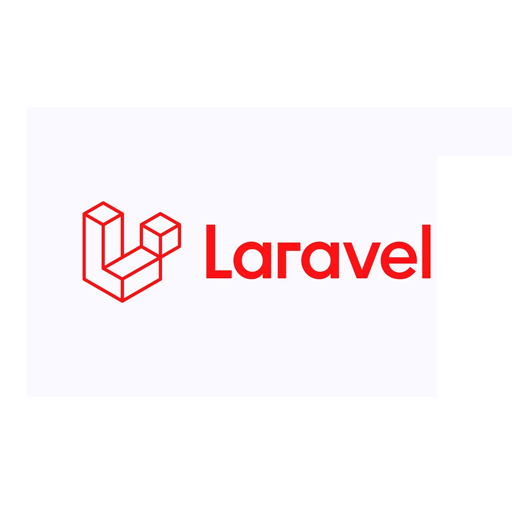
At Techcmantix, we turn your business ideas into seamless digital connections. As a trusted CodeIgniter API development company in Trichy, we specialize in building lightweight, secure, and high-performance APIs that make your web and mobile applications work smarter.
Using the power of CodeIgniter’s flexible PHP framework, our developers create RESTful and SOAP APIs that are fast, easy to maintain, and fully customized to your project needs. Whether you’re integrating third-party services, connecting multiple platforms, or automating your business workflows, we ensure smooth and efficient data exchange.
Our CodeIgniter experts follow clean coding standards, deliver robust backend architecture, and focus on scalability — so your APIs can handle growth without slowing down. With optimized libraries, built-in helpers, and advanced debugging tools, we build solutions that bring speed, reliability, and simplicity together.
Partner with Techcmantix to experience secure, scalable, and future-ready API development built on CodeIgniter.


CodeIgniter's minimalist structure offers easy learning and usage without complex configurations. It seamlessly integrates with various web servers and hosting platforms, requiring minimal setup.


Customizable APIs: CodeIgniter offers flexibility for tailored solutions. MVC Pattern: Clear separation of logic, presentation, and data layers for easy modification.


CodeIgniter APIs seamlessly integrate with HTTP, HTTPS, or SOAP protocols. Multi-Database Compatibility: Supports MySQL, PostgreSQL, SQLite, and MongoDB for efficient data storage and retrieval.





CodeIgniter is simple, fast, and lightweight—making it easy to build efficient and responsive APIs that perform well, even under heavy load.
It comes with built-in security like input data validation, XSS filtering, and CSRF protection. You can also add authentication options like API tokens, OAuth, or JWT for controlled access.
Yes—APIs built in CodeIgniter are scalable and maintain performance over time. Its lightweight nature ensures responsive behavior even as demand increases.
Thanks to its clear MVC architecture, it’s straightforward to organize routes, controllers, and services. Plus, the controller structure encourages clean logic separation.
CodeIgniter lets you integrate with third-party systems like CRMs, payment gateways (e.g., Stripe, PayPal), analytics platforms, and social media services—all via custom, secure endpoints.
You can incorporate token-based authentication (e.g. OAuth, JWT), implement rate limiting, and manage API keys to control usage.
Use strong validation, return standardized error codes, write comprehensive documentation (e.g., with Postman or Swagger), adopt API versioning, and apply consistent logging and monitoring.
Yes—you can leverage unit testing, use validation tools, and even write automated tests for API endpoints to ensure reliability and performance.
CodeIgniter handles JSON responses natively, allowing you to send clean, well-formatted data that’s easily consumed by web, mobile, and third-party applications.
While CodeIgniter is robust, be mindful of keeping controllers lean—avoid “god objects.” Ensure modular design and consider decoupling components for future flexibility and maintenance.